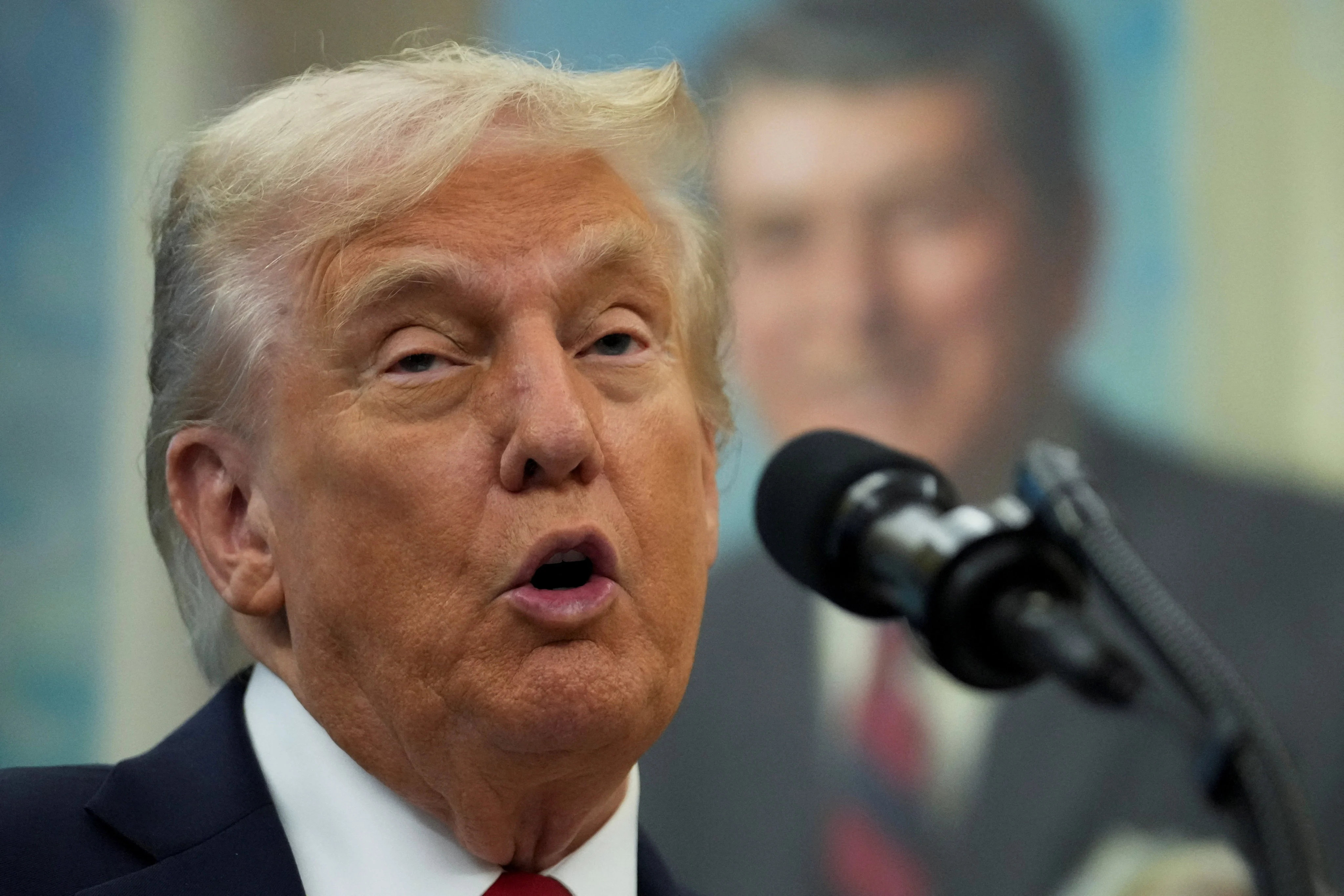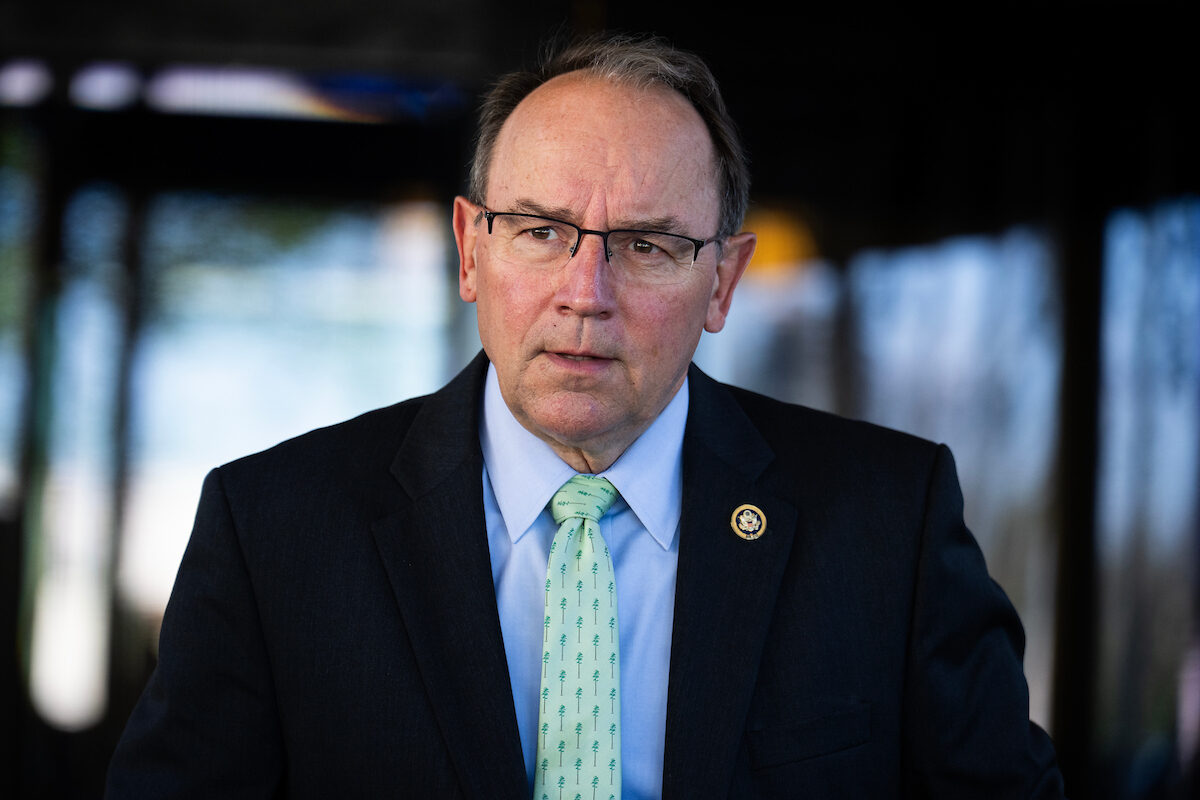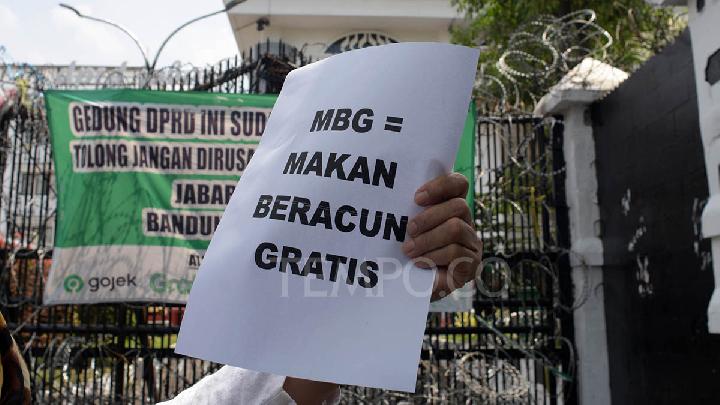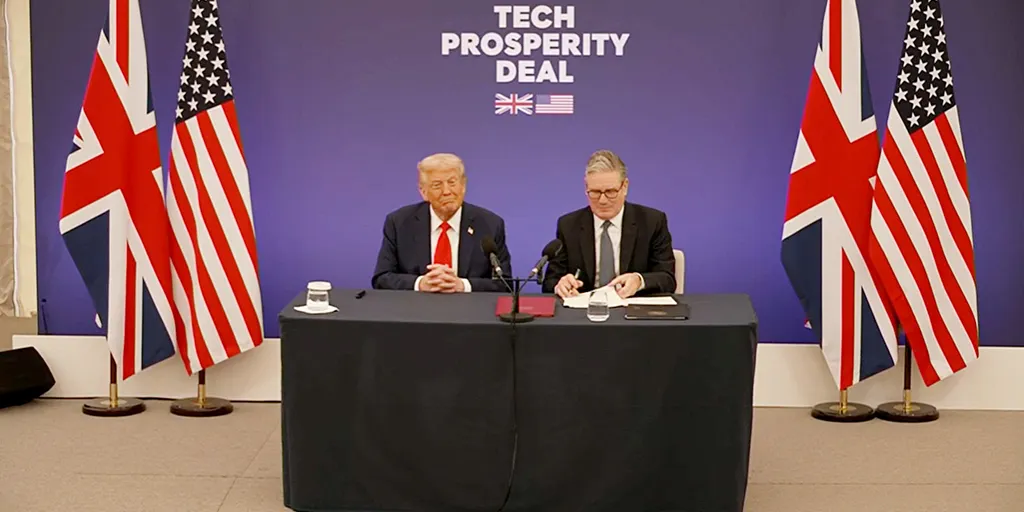By Finbarr Bermingham
Copyright scmp

European Union leaders still want to collaborate with the United States on China policy – even as Washington’s envoys continue to slam the bloc’s digital laws.
The dynamic played out at a forum in Brussels on Tuesday, where American diplomats bashed Europe’s green, digital and economic policies, insisting that the EU would need to change if it wanted to stay in US President Donald Trump’s good graces.
“I’ve been told I can’t say deregulation because it makes everybody upset, but simplification. We’re going to need to do some simplification of these regulations,” US ambassador to the EU Andrew Puzder said, in reference to the bloc’s digital laws.
“No president of either party, President Trump in particular, is going to tolerate a foreign government restricting the First Amendment, fundamental free speech, free expression, rights of US citizens, to an extent that the US government can’t even regulate those rights,” he told the Atlantic Council event.
Puzder, who took up his role last month, said the ratification of a tariff deal agreed in Scotland in July was his top priority, after which he listed China.
“There’s dealing with China, trying to make sure that we have a joint recognition between the EU and the United States as to the strategic and economic threat of the People’s Republic of China,” he said.
“I’ve actually found that there’s more alignment on that here in the EU than I thought there was going to be.”
EU officials, meanwhile, insisted that its laws were not up for negotiation, even as they said there was ample ground to work with Trump to push Beijing on its support for Russia and its trade policies.
Trade chief Maros Sefcovic suggested a transatlantic deal aimed at tackling Chinese steel overcapacity was close, with fresh “safeguarding measures” in the form of import quotas on steel aimed at imports from China.
“And we are discussing with our American partners a kind of ring-fencing model,” Sefcovic said, adding that it would see “very low or zero tariffs … because our steel business is actually quite complementary”.
“Global overcapacity of steel production just grew by unprecedented takes. The EU lost 70 million tonnes of steel production over the last 10 years, and half of it during the last three years. So it’s very clear that we have to protect our industry.”
Sanctions envoy David O’Sullivan hinted that the sides were converging on measures aimed at hitting Chinese companies for their provision of support to firms involved in Russia’s invasion of Ukraine.
“I know that many in America would say, yeah, but China is much more of a problem than Russia. But actually they’re kind of two sides of the same coin,” the Irish diplomat told the same event.
“When [Chinese Foreign Minister] Wang Yi was here a couple of months ago, he even said, ‘we can’t let Russia lose because, if that happens, the West will concentrate on China’; so I think we do need to stop Putin in his tracks and prevent the expansionist policy that he seeks to develop.”
O’Sullivan, who was previously Brussels’ ambassador in Washington, said the EU “needs to address the problem of China”, which is accused of being an economic enabler of Moscow’s three-year war in Ukraine.
“Perhaps sanctions aren’t the way to do it. But I think we have many issues with China, and we need to address those,” he said. “I think what we are seeing, not without some difficulties, is a gradual converging of US and EU policies towards the same objectives.”
While Trump has flip-flopped on his positioning vis-a-vis Russia and Ukraine, he has also demanded that Europe slap tariffs on China and India for continuing to buy Russian oil.
Matthew Whitaker, the US ambassador to Nato, who also spoke at the Atlantic Council event, said the EU’s reluctance to go down this route was “one of President Trump’s frustrations”.
“They want the United States to bear the weight and the burden of sanctions, whether it’s against China, Brazil, India or any other countries that are buying Russian oil and gas,” he said, noting that Hungary and Slovakia – both members of the EU and Nato – continued to import Russian oil too.
“The EU obviously has challenges in their membership and who’s willing to say, you know, because Hungary, who’s buying 100 per cent of their oil and gas, would be voting to sanction themselves ultimately. And that would be foolhardy,” Whitaker said.
“Hungary has an election in the spring that I think they are very keen on how that plays out over the coming months, and that is something that we’re watching very carefully.”
The EU’s competition commissioner, Teresa Ribera, on the other hand, said there was also plenty of space for Europe and China to collaborate on climate issues, a space she suggested the US had abandoned.
“I think it is quite obvious that [China] has been providing solutions that could help the whole of humankind to count on solutions for access to clean energy or clean mobility that could make a difference,” she said.
“The fact that the US seems to be backtracking is not helpful for the technological breakthroughs that still need to happen.”



